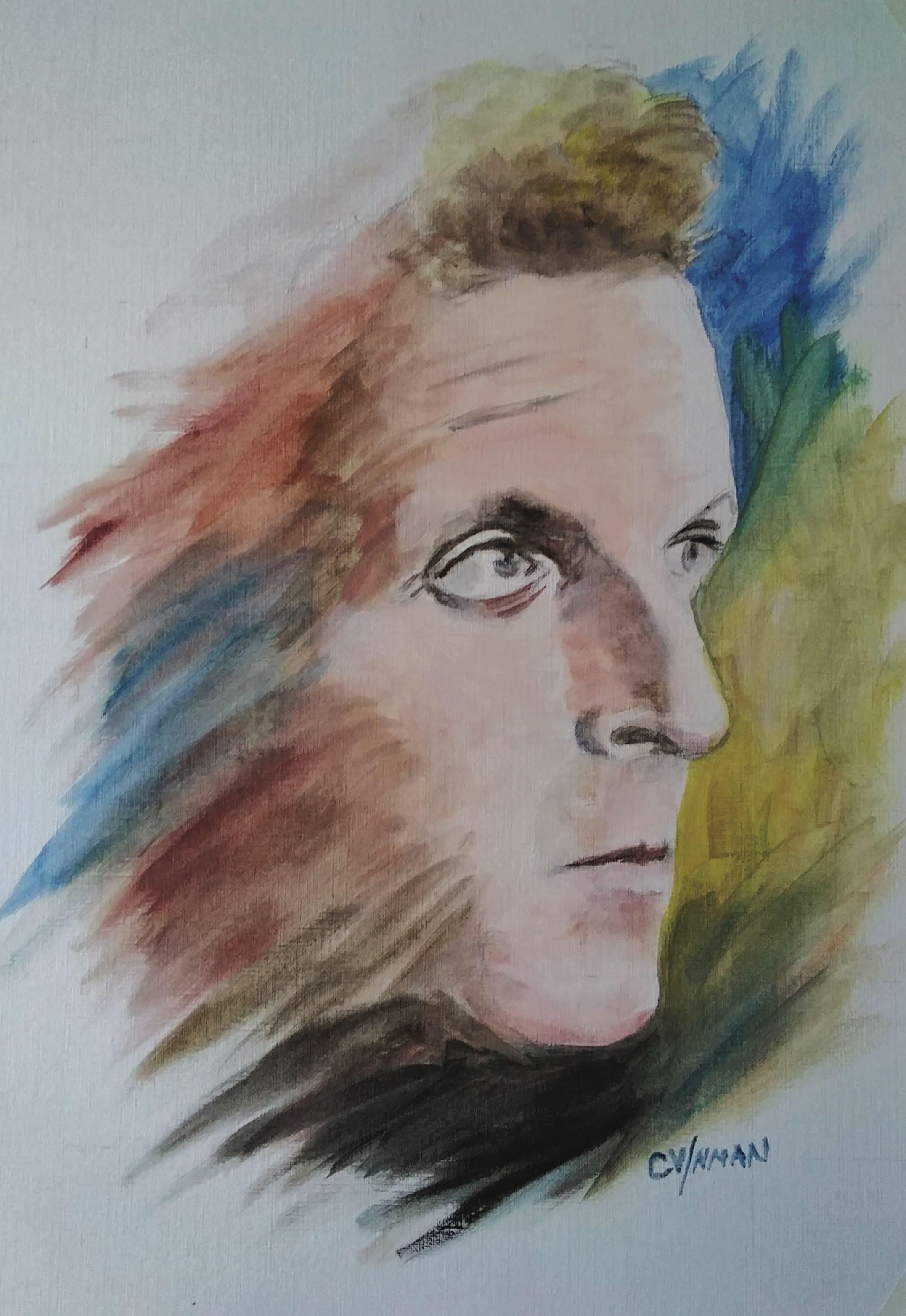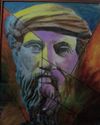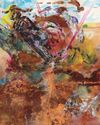
The word ‘creativity’ is derived from the Latin word creare; literally, ‘to cause, to create, to make’. But this definition itself suggests problems. Humans can certainly make things by putting other things together; but do we have the capacity to create something new, as it were, from nothing? Well, like many others, I will take refuge in the phrase “it all depends what you mean by...” The idea that creation was only in God’s realm seems to have been ditched in the seventeenth century. The word creativity seems to have acquired its present meaning around that time, with its implication that humans too can be creative.
One thing we need to clear up first, is that creativity and discovery are not the same thing. Discovery is unearthing something new: that which hasn’t been known before. The discoverer does not know anything of the thing discovered until the discovery occurs. This helps us with what creativity is not: although of course creative people do discover things, creativity can be a frame of mind, whereas discovery cannot.
Some have suggested that one criterion for a creative act is that it should be ‘unique’, rather than a copy of a previous act. Clearly however this cannot be the only criterion, or else one could just churn out a random sequence of letters or characters that made no sense at all and claim that to be creative act. So we need a second criterion for creativity: what is created must make some sort of sense. For that to work, the creative event must be embedded in some sort of symbol system intelligible to a wider audience: for example, language, logic, maths or music.
Wittgenstein & Creativity
Esta historia es de la edición December 2022 / January 2023 de Philosophy Now.
Comience su prueba gratuita de Magzter GOLD de 7 días para acceder a miles de historias premium seleccionadas y a más de 9,000 revistas y periódicos.
Ya eres suscriptor ? Conectar
Esta historia es de la edición December 2022 / January 2023 de Philosophy Now.
Comience su prueba gratuita de Magzter GOLD de 7 días para acceder a miles de historias premium seleccionadas y a más de 9,000 revistas y periódicos.
Ya eres suscriptor? Conectar

FALLING DOWN
Thomas R. Morgan considers how personal identity is maintained, and how it is lost.

Pythagoras (570-495 BCE)
Daniel Toré looks beyond the mathematician to the philosopher.

Wordsworth & Darwin
Christine Avery wonders whether poetry can help us to deal with science.

Plants & Philosophy
Caroline Deforche sees similarities between gardening and philosophising.

Dr.Gindi sculptor, has a philosophical conversation with Richard Baron about sensation, life, infinity and, you guessed it, sculpture.
Dr. Gindi is one of Switzerland's foremost sculptors, whose work has been exhibited in many countries.

Thomas Aquinas on Extraterrestrial Life
Babatunde Onabajo tells us why Aquinas did not believe in aliens.

The Fire This Time
Tim Madigan on Ray Bradbury, Bertrand Russell and Fahrenheit 451.

Trust, Truth & Political Conversations
Adrian Brockless wants a recognition of human value in political debate.

Philosophy & The Crown
Vincent Di Norcia on monarchy and stability.

Technologists & Ethicists
Stephen L. Anderson laments inadequate moral insight among tech leaders.